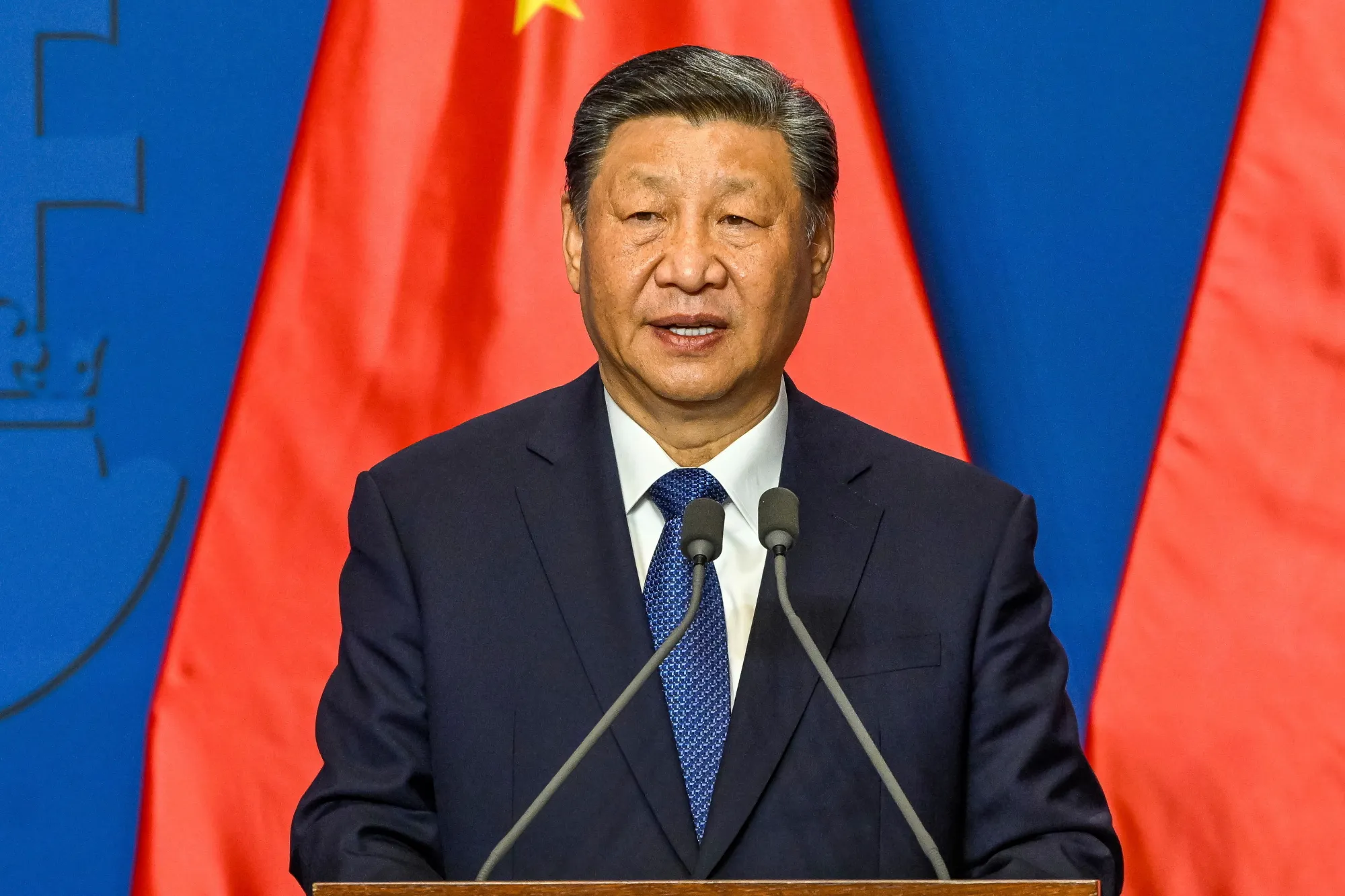Last week, Chinese President Xi Jinping travelled to Hungary, one of the few nations in the EU where his nation is viewed as an essential ally rather than a competitor. By the time he departed, he had negotiated agreements that would help China’s ambitions to expand its economy throughout Europe.
Following a meeting with nationalist Prime Minister Viktor Orbán over the weekend the leaders addressed a small group of select media in Hungary’s capital, Budapest, announcing the formation of an “all-weather partnership” that would usher in a new era of economic cooperation.
As most EU countries make efforts to “de-risk” their economies from perceived threats posed by China, Hungary has gone in the other direction, courting major Chinese investments in the belief that the world’s second-largest economy is essential for Europe’s future.
While Xi and Orbán didn’t unveil concrete agreements following their meeting, Foreign Minister Péter Szijjártó later said in a video that a deal had been reached on a joint Hungarian-Chinese railway bypass around Budapest, as well as a high-speed train link between the capital and its international airport.
The two countries also agreed to expand their cooperation to the “whole spectrum” of the nuclear industry, Orbán said, and deals were reached on China helping Hungary build out its network of electric vehicle charging stations and on construction of an oil pipeline between Hungary and Serbia.
Read Also: We Have No Plans To Sell TikTok, Chinese Parent Firm Insists
Zsuzsanna Vegh, a program assistant at the German Marshall Fund and visiting fellow at the European Council on Foreign Relations, said those deals were “a clear signal that China sees Hungary as a key and reliable ally” in the EU as it seeks to reverse Europe’s toughening de-risking policy.
Xi’s visit, Vegh wrote in a statement, shows that Hungary’s government “remains indifferent to its allies’ concerns and will continue to strengthen its bilateral ties with China in order to position itself favorably in what it perceives as a developing multipolar world.”
Pursuing a similar strategy is Serbia, Hungary’s neighbor to the south, which has also provided wide opportunities for Chinese companies to exploit its natural resources and carry out large infrastructure projects.
Like Orbán, Serbian President Aleksandar Vučić has built a form of autocratic governance that eschews the pluralism valued in more traditional Western democracies — making both countries attractive to China as opaque direct deals help to eliminate red tape.
During Xi’s visit to Serbia last week, he and Vučić signed an agreement to build a “shared future,” making the Balkan country the first in Europe to agree on such a document with Beijing.
Vuk Vuksanović, a senior researcher at the Belgrade Center for Security Policy, said that Xi’s interest in Serbia reflects his strategy of appealing to countries that are less committed to a U.S.-led economic and political community.
Xi’s “shared future” agreement with Belgrade, Vuksanović said, promotes “China’s vision of the international order, the one where China is much more powerful, the one where the Western powers, primarily the U.S., no longer have the ability to dictate the agenda to others.”
China has poured billions of dollars into Serbia in investment and loans, particularly in mining and infrastructure. The two countries signed an agreement on a strategic partnership in 2016 and a free trade agreement last year.
While Serbia formally wants to join the 27-nation EU, it has been steadily drifting away from that path, and some of its agreements with China aren’t in line with rules for membership.

